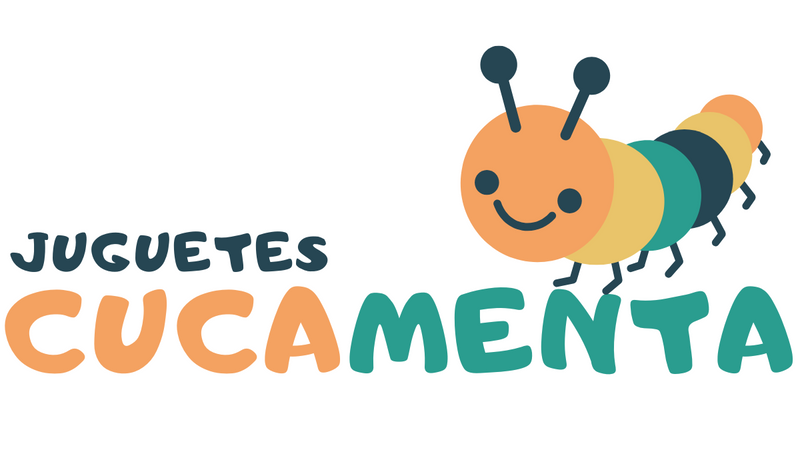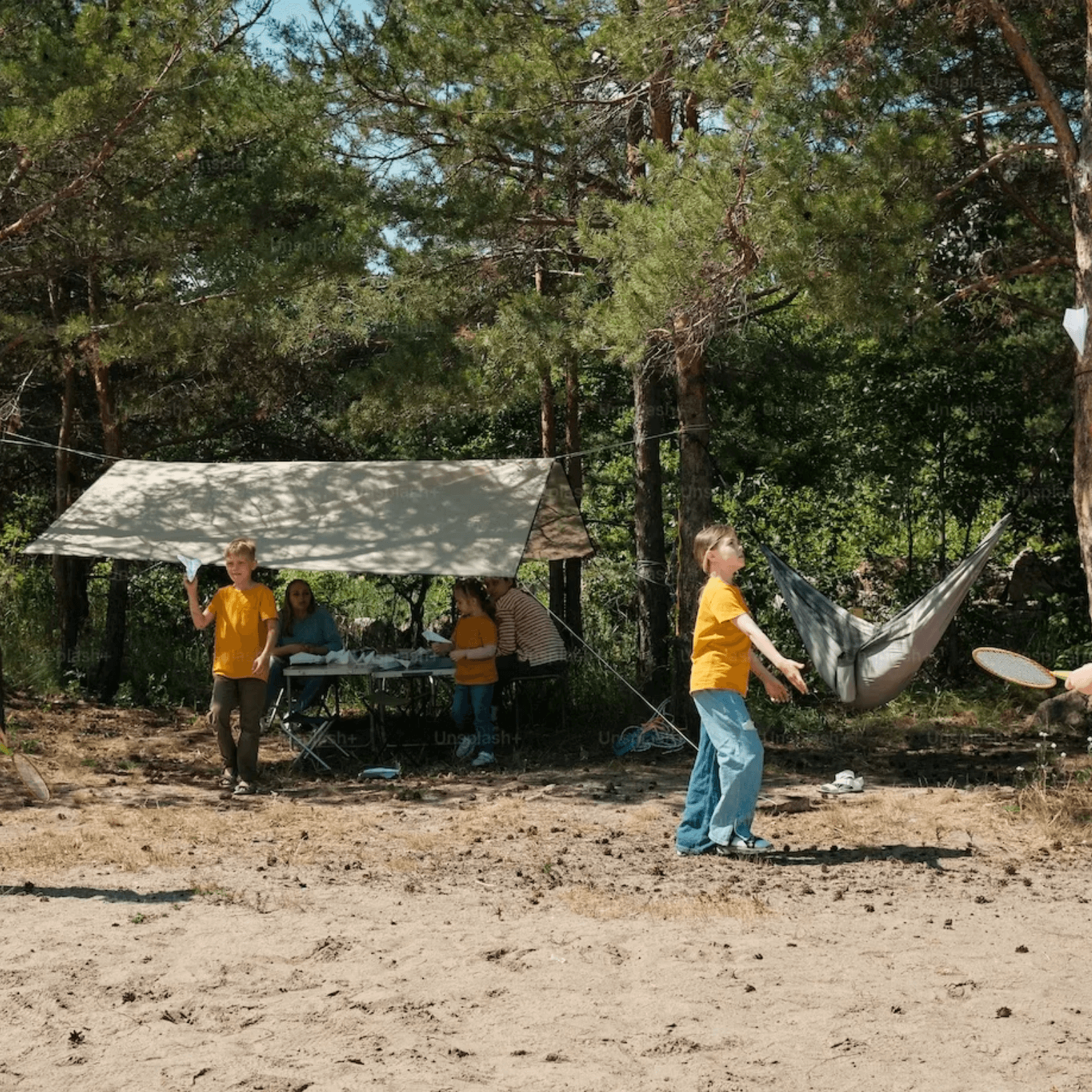Summer camps are one of the favorite options for the little ones in the house to have a different experience during the holidays: in addition to being magical and fun, they are loaded with benefits for their physical and mental health, for their autonomy and for their sociability. In the camps there is room for everything: to enjoy contact with nature , to soak up the marine environment, to make new friends, to practice other alternative sports, to improve swimming , dexterity, resistance and balance, or to explore new hobbies.
From what age can a child go to summer camp?

7 benefits of unforgettable summer camps

- Opportunities for socialization and new friendships : During the holidays, many of your children's friends, cousins or neighbors go on vacation to other places - with their families, to the town, to be with their grandparents - and the socialization routine is altered. . Many are forced to spend almost all their time with adults. However, in the camps they have the opportunity to interact with other classmates, develop strong emotional bonds, improve their decision-making and acquire social skills. On many occasions, they make friends for life and leave unforgettable memories.
- Goodbye, screens; Hello, exercise : Many children and adolescents spend too much time in front of digital devices, which increases their sedentary lifestyle. According to data from the study “From Alpha to Zeta; educating the digital generations”, prepared by the Qustodio platform, minors spend about 4 hours a day outside of the classroom connected to screens, especially on social networks such as TikTok. This is equivalent to spending 2 full months of the year hyperconnected. Camps are an opportunity to disconnect digitally.
- Prevention of future diseases : According to the World Health Organization (WHO), a sedentary lifestyle increases all causes of mortality, doubles the risk of cardiovascular diseases, diabetes and obesity, and increases the risks of colon cancer, hypertension, osteoporosis, disorders lipids, depression and anxiety. Team sports, hiking, horse riding, zip lining, climbing, water sports or swimming are ideal for instilling a love of sport and promoting an active lifestyle for their adult life.
- Ideal for your visual health : Optometrist Elena García Rubio, from the National Vision Institute, highlights in an article for Infosalus the benefits of summer camps on children's visual health , for which outdoor exercise it's fantastic. Activities such as mental games, origami, sewing, archery, gymkhanas, treasure hunts or the handkerchief game boost hand-eye coordination, tracking and visual discrimination, acuity, reaction time or visuospatial organization.
- Improved physical health : Spending time outdoors, receiving vitamin D from the sun, breathing fresh air or bathing in the sea are excellent habits to cultivate for the rest of your life. The games and sports of the summer camp routine allow children to improve their resistance, strength, elasticity, balance, psychomotor skills, respiratory capacity or cardiovascular health . They work your muscular system, improve your body posture and stimulate your 5 senses. They are also excellent spaces to boost cognitive functions, such as logical thinking, memory, spatial orientation or creativity.
- Connection with nature: We have spoken on other occasions about the importance of children from a young age having contact with nature, sensitivity towards plants and animals or awareness about the climate crisis . The camps allow them to develop an emotional and spiritual connection with the world around them, learn about the marine or forest flora and fauna of their environment, learn to respect the ecosystem in which they find themselves or even collaborate with actions that have a positive impact. positive on the planet.
- Personal growth and learning : In summer camps, children can develop new concerns, work with different skills and undergo stimulating challenges to improve their resilience, their ability to resolve conflicts or their desire to improve. In the camps you learn art, cooking, science, navigation and much more. Learning helps them improve their self-esteem and confidence; to work on their identity and have a strong sense of themselves, meet positive adult role models and ultimately, have one of the best summers of the rest of their lives.


0 comments